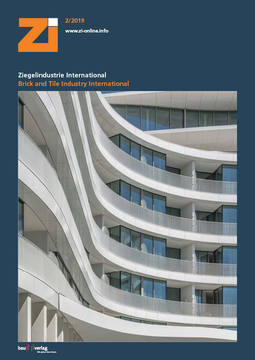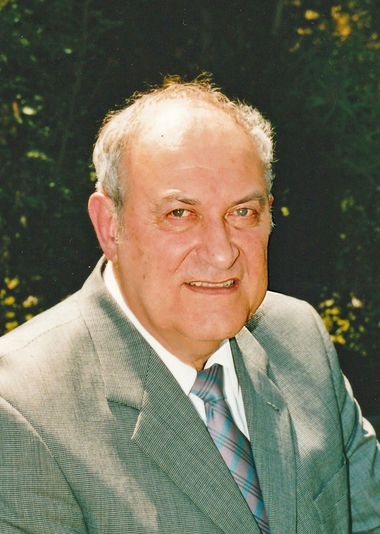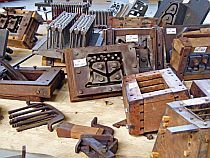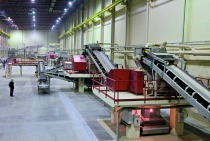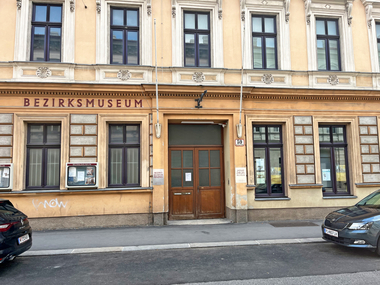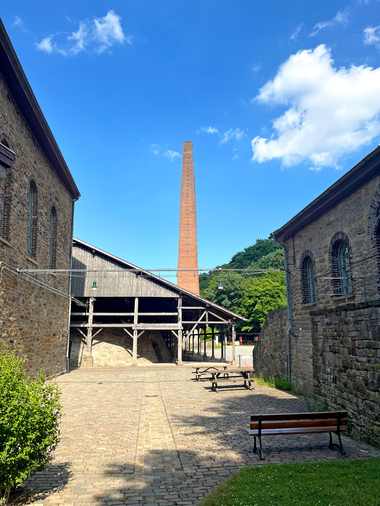Reflecting on Willi Bender
News of Willi Bender‘s death caught up with me in Asia in late December 2018. We had last met in October and November for an exchange of views and information. I was seeking his advice in connection with a publication, and Willi Bender needed some details from me for his nearly finished comprehensive account of the Händle Company to mark the 150th anniversary it has coming up in 2020. His relevant intent was to adequately represent the company‘s processes and procedures since 1870 – unlike the kind of light-touch sagas that commonly serve as company histories. Though afflicted by severe illness, Willi Bender completed this last major endeavor with his own characteristic attention to detail and factuality.
I first met Willi Bender in the 1960s as a young engineer at my parents‘ home, and we met again in the early 1970s as colleagues at Händle.
Thanks to his enormous diligence, loyalty and professional skills, he made his way from project engineer to division manager – a colleague with whom one could interact in all professionality, because there could be no doubt of his factual, issue-oriented integrity. Philosopher Ernst Bloch referred to this demeanor as „walking upright“.
Toward the end of the 1970s, Willi Bender and I began to collaborate intensively on a handbook entitled „Brick and Tile Making“, a bilingual tome that we jointly compiled, edited and published in 1982 – and a tedious task that would have been impossible to accomplish without Willi Bender. During that same period, in 1978, Willi Bender‘s „The Planning of Brickworks“, also bilingual, was published. That book rendered visible all the many strengths of Willi Bender as an author: his concern for detail, the systematic structure of his work and his holistic approach to the techno-economic systems known as brickworks. In recent years we have been asked repeatedly to revise the „Brick and Tile Making“ manual into a new, updated version. However, we both came to the conclusion, that we would lack the time and strength it would take to do so.
During one of our last discussions, I asked Willi Bender for a list of all his publications. And now I hope that such a list might turn up in his estate. There must be well over 100 titles, most of which appeared in the trade journal „Brick and Tile Industry International“. His topics ranged from preparation and shaping processes to handling, drying and firing techniques and on to informative contributions on things like the workings of plant laboratories and the basic principles of de-airing.
As a colleague, Willi Bender also took a keen interest in cooperation and intercommunication. Consequently, he authored some of his articles together with colleagues at Händle.
As a generalist with regard to brick-plant technologies, he also maintained close contacts with relevant universities, research institutions and trade associations. He and Professor Peter Fischer of Höhr-Grenzhausen University of Applied Sciences shared a friendship of long standing, i.e., ever since they met in the late 1970s in connection with a study on split tiles he was working on for the Händle Company.
First and foremost, however, he lavished his professional affection on bricks. His 1995 book Lexikon der Ziegel (in German only) bears witness to that. Is there now, or was there ever, an expert out there somewhere who could hold a candle to Willi Bender when it comes to bricks? I don‘t think so. Brick collectors such as museums, art historians and monument curators often called on Willi Bender to help clarify the origin of certain bricks, and trade journals relevant to the field sought after his contributions.
In 2004, the German brick and tile industry‘s national association Bundesverband der Deutschen Ziegelindustrie e.V. published Willi Bender‘s opus magnum Vom Ziegelgott zum Industrieelektroniker (roughly: from god of bricks to industrial electronics technician) – a must-read for anyone involved in brick-making technology, its further development and/or brick products.
Through all those years of cooperation, I also had the privilege of getting to know the real Willi Bender, a man who throughout his final years and to his dying day, despite severe strokes of fate and infirmity, stoically and bravely held onto his responsibility towards people who stood close to him. He was an amiable, humble person who cared about the cause, not about his own status as one of the world‘s leading, most productive authors in the field of bricks and brick technology.
In his early years, Willi Bender had a special encounter with the French language. Perhaps that is why, on the occasion of our last conversation in November 2018, he drew such pleasure from something that sculptor Auguste Rodin once wrote to his friend Rainer Maria Rilke in a letter: Il faut travailler, rien que travailler et il faut avoir patience. I, personally, would prefer to translate this quotation as „You have to work, nothing but work – and have patience.“
Everyone who knew Willi Bender as a person, colleague, expert and author of major books and articles will surely keep him in good memory.
Frank Händle

